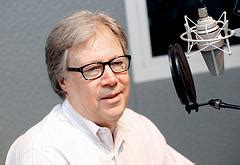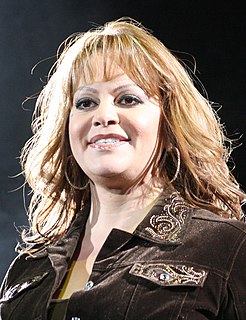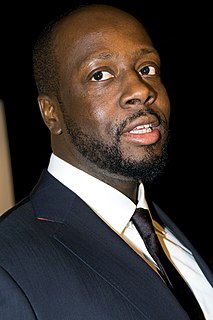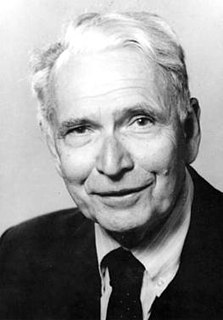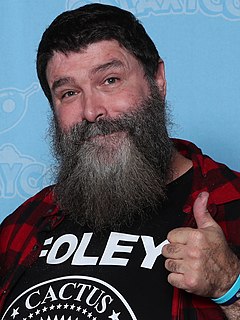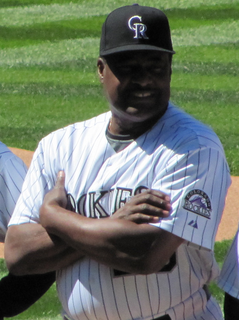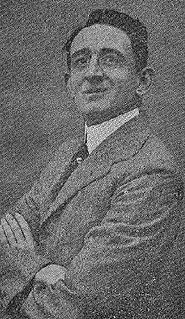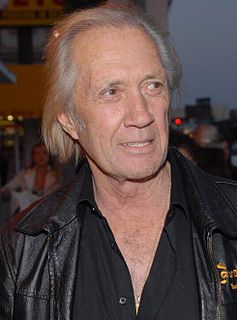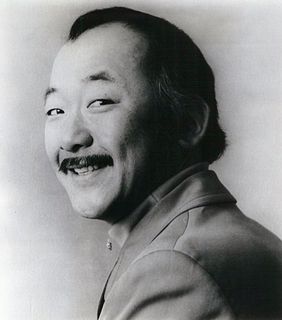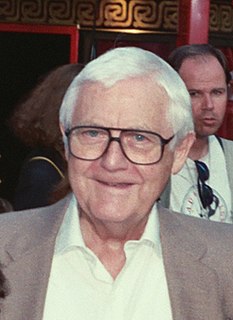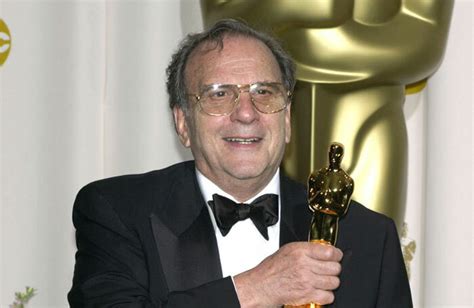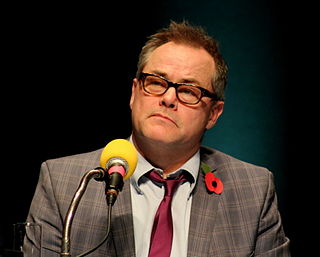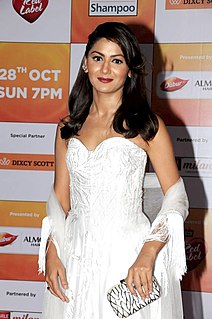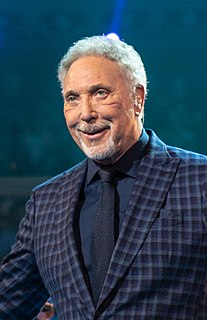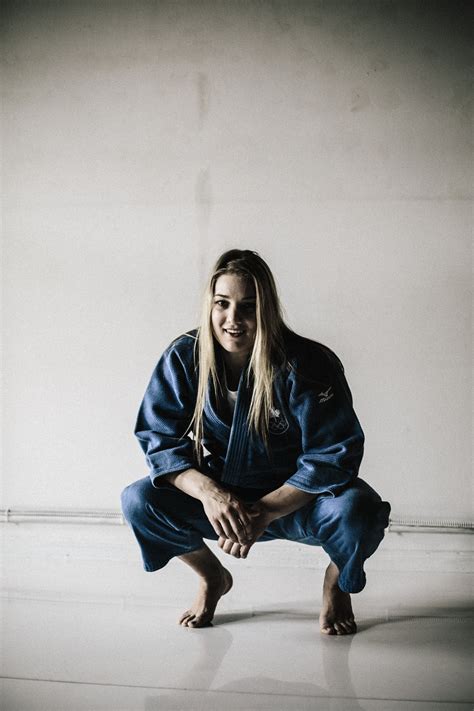Top 543 Autobiography Of A Yogi Quotes & Sayings - Page 8
Explore popular Autobiography Of A Yogi quotes.
Last updated on October 12, 2024.
A scientific autobiography belongs to a most awkward literary genre. If the difficulties facing a man trying to record his life are great - and few have overcome them successfully - they are compounded in the case of scientists, of whom many lead monotonous and uneventful lives and who, besides, often do not know how to write . . .
Reading any collection of a man's quotations is like eating the ingredients that go into a stew instead of cooking them together in the pot. You eat all the carrots, then all the potatoes, then the meat. You won't go away hungry, but it's not quite satisfying. Only a biography, or autobiography, gives you the hot meal.
For arousing compassion, the nineteenth-century yogi Patrul Rinpoche suggested imagining beings in torment - an animal about to be slaughtered, a person awaiting execution. To make it more immediate, he recommended imagining ourselves in their place. Particularly painful is his image of a mother with no arms watching as a raging river sweeps her child away. To contact the suffering of another being fully and directly is as painful as being in the woman's shoes.
That is what the highest criticism really is, the record of one's own soul. It is more fascinating than history, as it is concerned simply with oneself. It is more delightful than philosophy, as its subject is concrete and not abstract, real and not vague. It is the only civilized form of autobiography.
I was assigned to the Waffen-SS but was never involved in any crime. Besides, I always felt the need to write about my experiences in a larger context one day. This has only developed recently, now that I have overcome my inner aversion to writing an autobiography in the first place, specifically one having to do with my younger years.
When you first start off, I know singers who have only been in the business just a short amount of time, and they've already written their autobiography. I didn't want to write it too soon. I wanted to live a while and write about things that I felt were important to me - growing up in Wales, and the characters that I met and listened to.
Maybe the yogi is a parent who's a little more patient with their child, or a more compassionate coworker, or an understanding boss. Perhaps, they pick up a piece of trash that wasn't theirs, turn off a light when they're not in the room, or turn off the water while they brush their teeth, sensitive to the finite nature of our worldly resources. When we become mindful this way, there's a ripple effect. We inspire others to do the same.
Autobiography is not important. Authenticity is important. The writer must fire herself through the text, be the molten stuff that welds together disparate elements. I believe there is always exposure, vulnerability, in the writing process, which is not to say it is either confessional or memoir. Simply, it is real.
I have very rarely written autobiographical stuff. "Greasy Lake" and some other works have some autobiographical elements, as does "Birnam Wood," the one I chose to end [this collection] with. I lived in that house and some of my feelings are expressed in it, but it's not autobiography. It was not me and that didn't happen exactly that way.
When a man in the process of dreaming becomes conscious that he is dreaming, he is no longer identified with the phenomena; he is not affected exultantly or dolefully. God consciously dreams His cosmic play and is unaffected by it's dualities. A yogi who perceives his real self as separate from his active senses and their objects never becomes attached to anything. He is aware of the dream nature of the universe and watches it without being entangled in its complex but ephemeral nature.
"Moksha" is really a satire of myself. I've always been interested in Eastern spirituality. I'm particularly interested in enlightenment and the spiritual pursuit to liberate ourselves (I'm a Buddhist at heart). During my teenage years, I imagined I'd end up going to India to become a yogi; study with the last living saints in a cave; give up all my worldly possessions; learn to levitate. And there's still part of me that can see myself "disappearing" for some years at an ashram somewhere.


